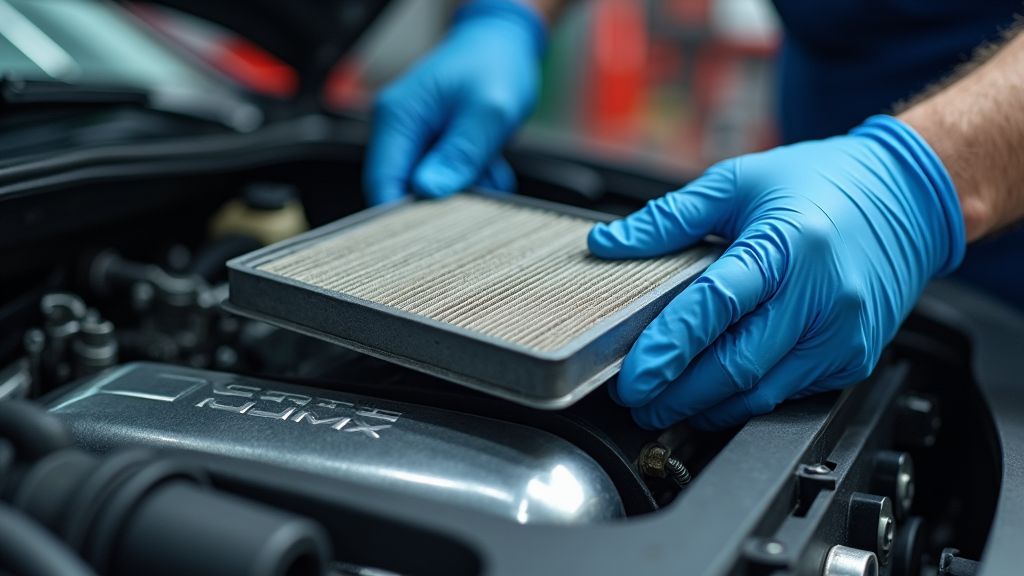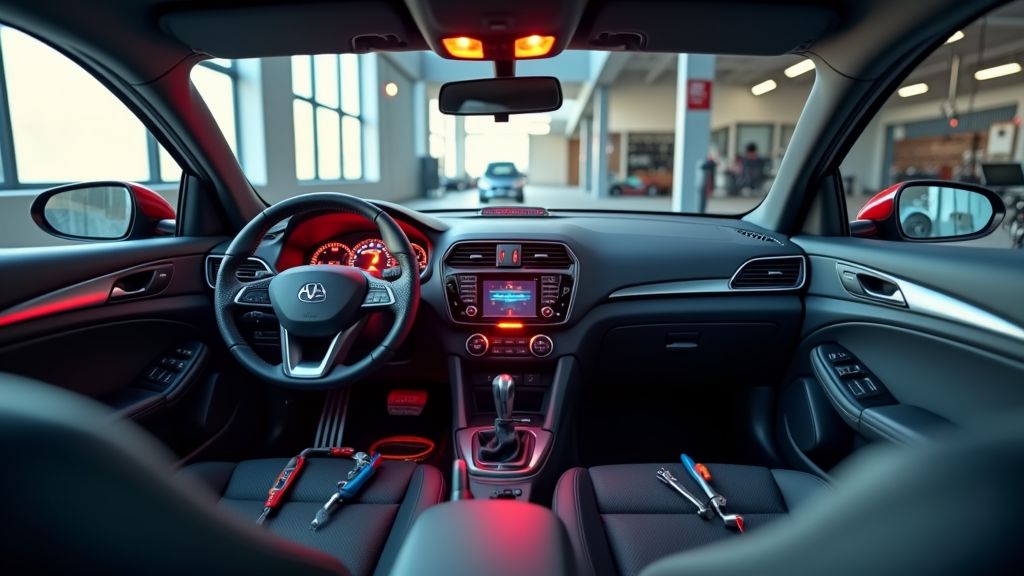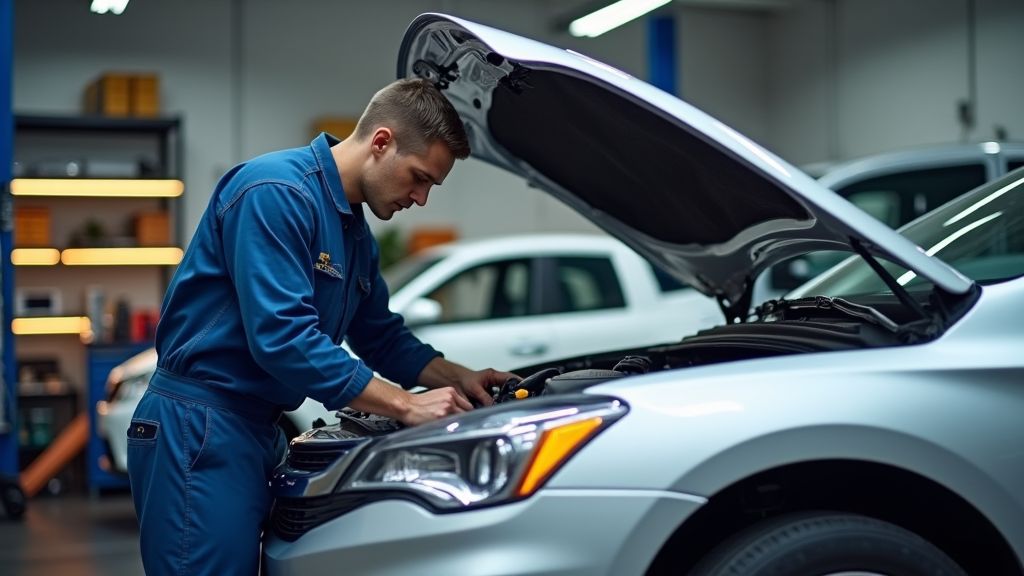The Benefits of Regularly Replacing Your Car’s Filters
We all know the importance of regular maintenance when it comes to keeping our cars running smoothly. From oil changes to tire rotations, there are many tasks that we need to stay on top of to ensure our vehicles are in tip-top shape. One often overlooked aspect of car maintenance, however, is replacing the various filters in our cars. Filters play a crucial role in keeping our engines and cabins clean and running efficiently. In this article, we will explore the benefits of regularly replacing your car’s filters and why it is an essential part of overall vehicle maintenance.
Improved Engine Performance
One of the key benefits of regularly replacing your car’s filters is improved engine performance. The engine air filter, in particular, plays a vital role in ensuring that clean air is reaching your engine. Over time, the air filter can become clogged with dirt, debris, and other contaminants, which can restrict airflow to the engine. This can lead to decreased fuel efficiency, reduced horsepower, and overall poor engine performance. By replacing your air filter regularly, you can ensure that your engine is receiving clean air, which can help improve your car’s overall performance and longevity.
Extended Engine Life
In addition to improved performance, regularly replacing your car’s filters can also help extend the life of your engine. A clean air filter can prevent dirt and debris from entering the engine, which can cause premature wear and damage. By replacing the air filter, oil filter, and fuel filter on a routine basis, you can help protect your engine from unnecessary wear and tear, potentially saving you thousands of dollars in costly repairs down the road.
Better Fuel Efficiency
Another significant benefit of regularly replacing your car’s filters is improved fuel efficiency. A clogged air filter, for example, can restrict airflow to the engine, causing it to work harder and burn more fuel. This can result in decreased fuel efficiency and increased fuel consumption. By replacing your air filter and other filters as recommended by your vehicle manufacturer, you can help ensure that your engine is running at peak efficiency, saving you money at the pump in the long run.
Enhanced Cabin Air Quality
While engine filters are essential for maintaining your car’s performance, cabin filters are equally important for keeping the air inside your vehicle clean and fresh. The cabin air filter helps remove dust, pollen, and other pollutants from the air entering your car’s interior, improving air quality and ensuring a more comfortable driving experience. Regularly replacing your cabin air filter can help reduce allergens and odors inside your car, creating a healthier environment for you and your passengers.
Reduced Environmental Impact
Replacing your car’s filters regularly can also contribute to a reduced environmental impact. When filters are clean, your engine doesn’t have to work as hard to achieve optimal performance, which translates to lower emissions. A clean engine air filter, for example, can help reduce the amount of fuel burned and limit the release of harmful pollutants into the atmosphere. By maintaining clean filters, you’re not only taking care of your car but also helping to reduce its environmental footprint.
Cost Savings Over Time
Though replacing filters may seem like an added expense, doing so regularly can lead to cost savings in the long run. By maintaining optimal engine performance and fuel efficiency, you can reduce your fuel costs and avoid potential engine repairs caused by dirt and debris buildup. Additionally, a well-maintained engine is likely to experience fewer breakdowns, which can save you money on unexpected repairs and parts replacements.
Prevention of Unnecessary Repairs
Neglecting filter replacements can lead to more than just decreased performance—it can result in costly repairs as well. When contaminants make their way into your engine or fuel system due to dirty filters, they can damage internal components, leading to complex issues that require professional repair. Staying on top of filter maintenance can prevent these problems, helping you avoid unplanned expenses and ensuring your vehicle runs smoothly.
Boosting Resale Value
Regularly replacing your car’s filters also has a positive impact on its resale value. A well-maintained vehicle with a history of routine maintenance, including filter replacements, is more appealing to potential buyers and often commands a higher resale price. Prospective buyers know that a car that has been properly cared for is less likely to encounter issues down the road, making it a more reliable investment.













